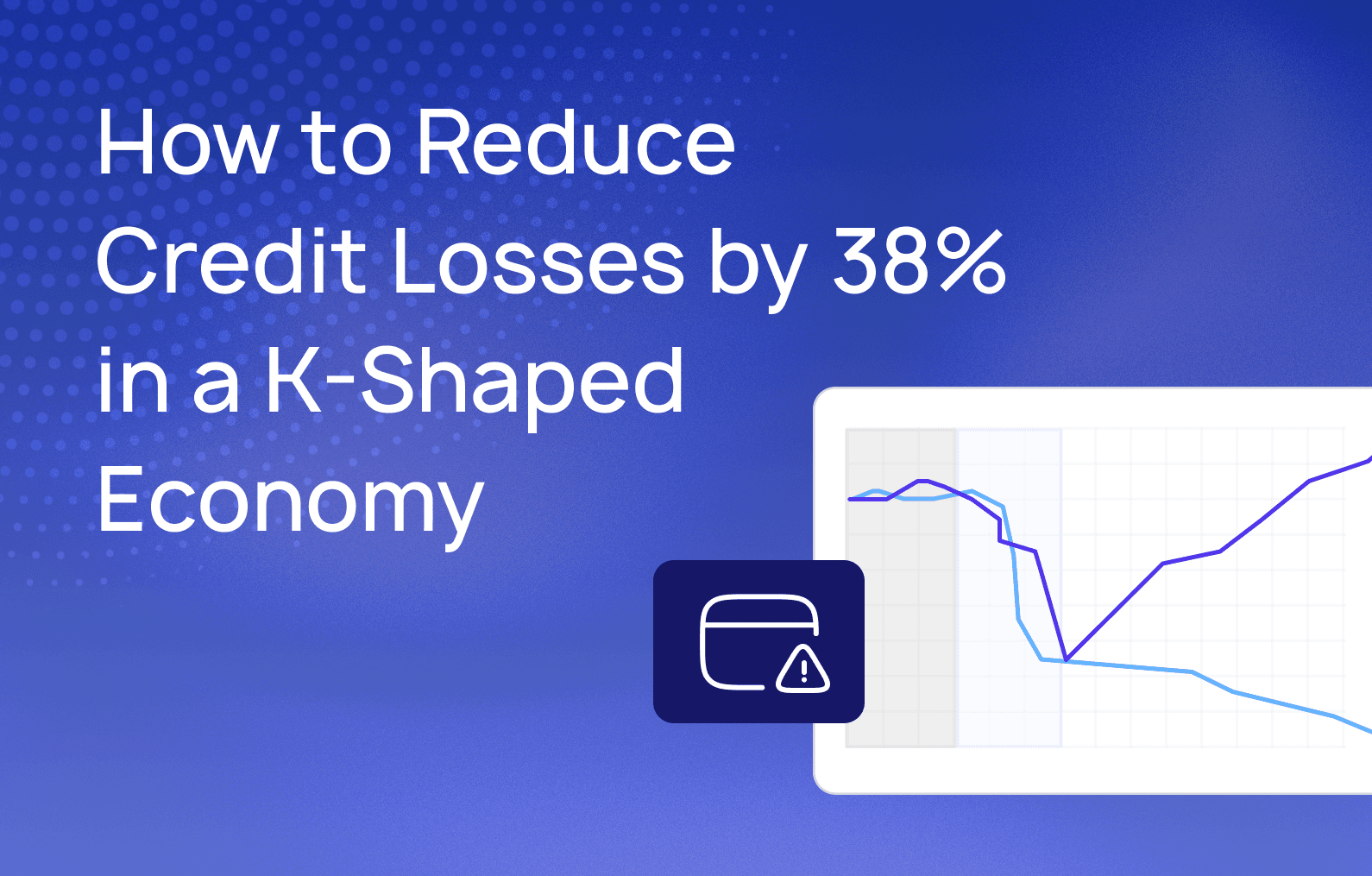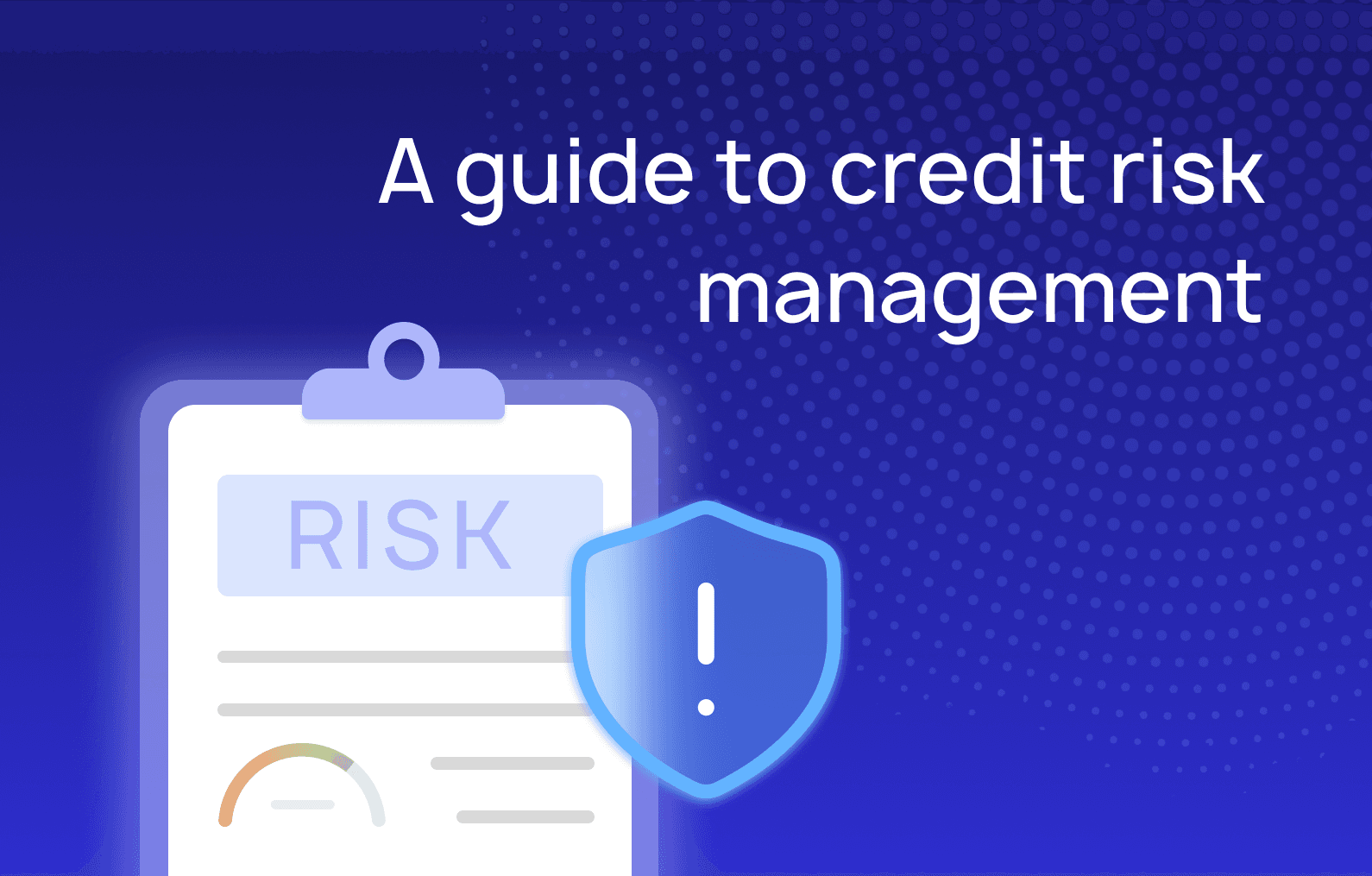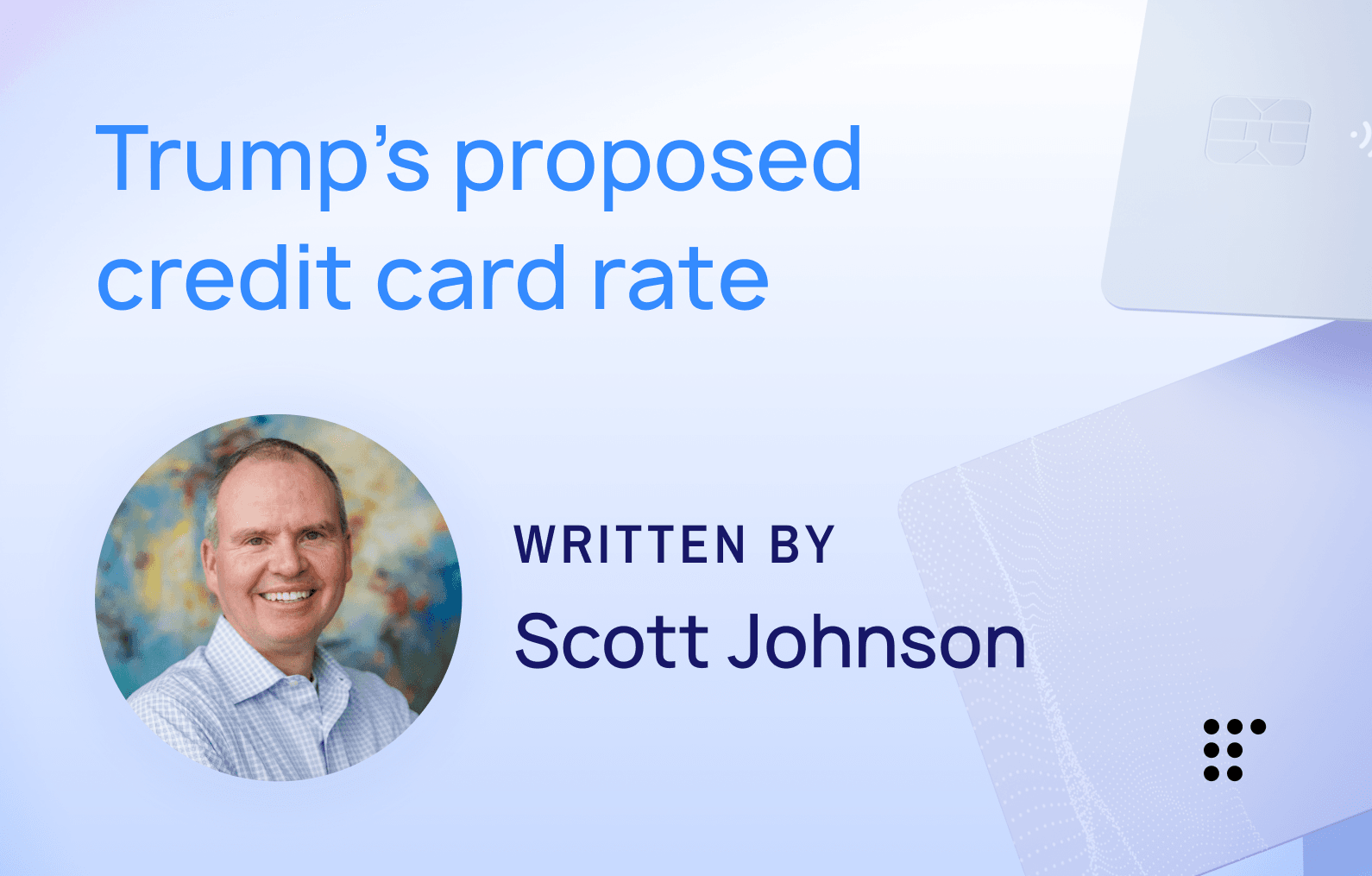Accrued: After Hours - Episode 16
Welcome back to Fintech Confidential’s Accrued podcast series, brought to you by LoanPro. This newsletter will catch you up on the most insights and key takeaways from the most recent episode: Empowering Women, Erasing Student Debt - Michelle Tran Leading at Summer & NYC Fintech Women.
This episode features Michelle Tran, the Head of Commercial at Summer. As she joins hosts Tedd and Colton, they discuss the problems of student loan debt and financial wellness, and how fintechs like Summer are helping consumers handle them. They also talk about Michelle’s work with NYC Fintech Women, an industry group dedicated to helping female founders and employees advance their careers.
You can stream the Accrued fintech podcast in all the usual places:
Here’s what went down
The three fintech experts focused their conversation on around a few major themes:
- Student loans make higher education more accessible, but many students end up with significant debt that they struggle to pay off. Summer’s debt forgiveness programs help borrowers navigate the maze of government debt relief programs, getting them better access to the options available to them.
- With years of industry experience, Michelle has seen firsthand the difficulty that female founders have in securing funding, or female employees in negotiating a salary.
Student loans and debt forgiveness
Student loans may offer a straightforward path toward higher education, but if a degree doesn’t command the salary they anticipated, graduates may be left on the hook for substantial debt. Michelle also noted a disparity in the amount of debt students are left with, as women and minorities typically end up with a larger debt.
There are debt forgiveness programs, but like many bureaucratic processes, there’s a maze of paperwork involved. Summer simplifies the process, helping thousands of people navigate their applications to access the debt forgiveness benefits already available to them. This fits into Summer’s overall commitment as a Certified B Corporation to creating a positive impact, rather than just profits.
Michelle also shared a few specific stories of people who have significantly reduced or even eliminated their student debt thanks to Summer, like an educator who was able to reduce her debt and significantly improve the standard of living for her children, going from struggling to pay the bills to being able to afford family vacations.
Women in fintech
Alongside her work at Summer, Michelle has also led the way for women in Fintech. They discussed how women in the industry experience difficulty, whether they’re founders looking for a funding round or individual employees trying to land a position or increase their salary.
Michelle shared one story of a friend who was timid about asking for a higher starting salary at a new position. Michelle encouraged her to ask higher, and when she did, the employer agreed with little hesitation. Helping women develop the confidence to ask those for high salaries—and the skills to back them up—is part of Michelle’s reasoning for starting NYC Fintech Women. What started out as a meetup for women in the industry has transformed over the years into a community of over 15,000 members, offering opportunities for networking, learning, and career advancement.
Trends in lending
Todd, Colton, and Michelle also explored a range of topics and trends affecting the industry right now. Stemming from their discussion of Summer’s work with debt forgiveness, they also talked about how employers can get involved with financial literacy. Like any stressor, financial stress affects job performance. If employees are worried about bills, debt, and other expenses, they won’t be focused on their role and performance. But if employers take an active role in educating employees and offering financial wellness programs, they can alleviate stress for their team and help them put out their best possible work.
As the discussion moved to compliance, Michelle offered a more nuanced take than many in the industry. Regulation can drive progress. Regulatory pushes companies to comply with strict rules, which can lead to greater innovation as firms and third-parties develop compliance solutions.
They also spoke about the tangible benefits of generative artificial intelligence. Companies can use AI to both personalize the services they offer, and make them more efficient, ideally passing those savings on to consumers.
Key takeaways
- Join networking groups. Networking through old classmates and coworkers can be effective, but you can significantly expand your network through industry groups. Not only can they connect you with more experienced people in the field, but they’re a goldmine of career tips and insider support that can enhance your skills.
- For female founders, be bold. While women-owned startups only secure a small fraction of investor funding in most years, female founders can counteract this with a bold strategy. Aggressive networking (especially with female-friendly investors and platforms) can significantly increase your likelihood of finding the right investor.
Ask about student loan perks . To incentivize higher education and draw in the best talent, many employers offer student loan perks, like helping to make payments or even matching payments with 401K contributions. If you’re still paying off student loan debt, ask your HR department if they offer any perks.- Do your homework and ask for a raise. If you’re looking to increase your compensation, wishing and hoping won’t do you much good. Instead, do some research into what similar positions offer for your level of experience so you can ask for a raise with confidence. And if salary negotiations don’t go the way you hope, work with your supervisor to plan out the next steps in your career development.
- Take advantage of fintech tools to manage financial stress. Consumer fintech apps have made huge strides in simplifying banking, budgeting, investing, and every other facet of your financial wellness. Whether you’re struggling with debt or unsure about your retirement savings, leverage the resources available to plan ahead.




